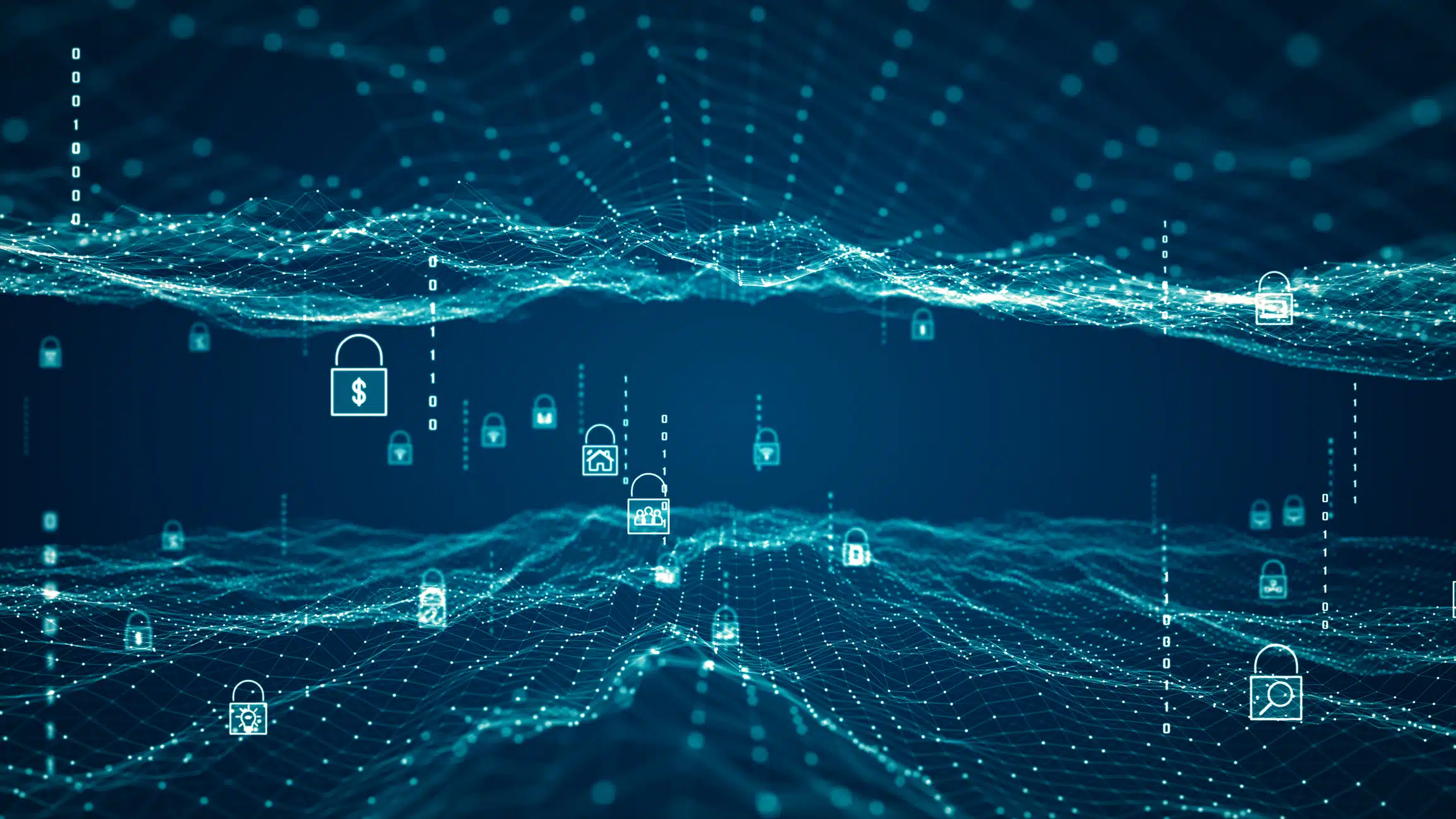As the world increasingly turns to renewable energy sources, solar power stands out as a leading option for sustainable electricity. One of the most significant advancements in solar technology is the development of micro inverters, which have revolutionized the efficiency and reliability of solar installations. Unlike traditional string inverters, micro inverters offer numerous benefits that make them an attractive choice for both residential and commercial solar systems. Micro inverters are small, individual inverters that are installed on each solar panel in a photovoltaic PV system. Their primary function is to convert the direct current DC generated by each solar panel into alternating current AC, which can then be used to power home appliances or fed into the grid.
Increased Efficiency
One of the most notable advantages of micro inverters is their ability to significantly increase the efficiency of solar power systems. In traditional string inverter setups, the performance of the entire system is limited by the weakest panel in the string. If one panel is shaded, dirty, or malfunctioning, it can reduce the output of all the panels connected in the same string. Micro inverters, however, mitigate this issue by optimizing the output of each panel independently. This means that shading or soiling of one panel will not affect the performance of the others, leading to a more consistent and higher overall energy yield and find more info at https://www.beny.com/de/.

Enhanced Reliability
Reliability is another area where micro inverters excel. Traditional string inverters are often a single point of failure for the entire system. If the string inverter malfunctions, the entire system’s output can be compromised. Micro inverters, on the other hand, operate independently. If one micro inverter fails, it only affects the output of its respective panel, while the rest of the system continues to function normally. This distributed approach to power conversion not only enhances the reliability of the system but also simplifies maintenance and troubleshooting.
Improved Monitoring and Maintenance
Micro inverters come with advanced monitoring capabilities that provide real-time data on the performance of each individual panel. This granular level of monitoring allows system owners to quickly identify and address any issues that may arise. In contrast, traditional string inverters typically offer less detailed monitoring, making it harder to pinpoint specific problems. With micro inverters, users can track the performance of each panel through a user-friendly interface, making maintenance more straightforward and efficient.
Flexibility in System Design
Micro inverters also offer greater flexibility in system design and expansion. Since each panel operates independently, installers have more freedom to configure the system layout without worrying about the constraints imposed by string configurations. This flexibility is particularly beneficial for installations with shading issues or complex roof layouts. Additionally, if the need arises to expand the system in the future, micro inverters make it easier to add new panels without major modifications to the existing setup.
Beny Micro inverters represent a significant leap forward in solar technology, providing enhanced efficiency, reliability, and flexibility compared to traditional string inverters. Their ability to optimize each panel’s performance individually and their robust monitoring and maintenance features make them a compelling choice for both new installations and system upgrades.
